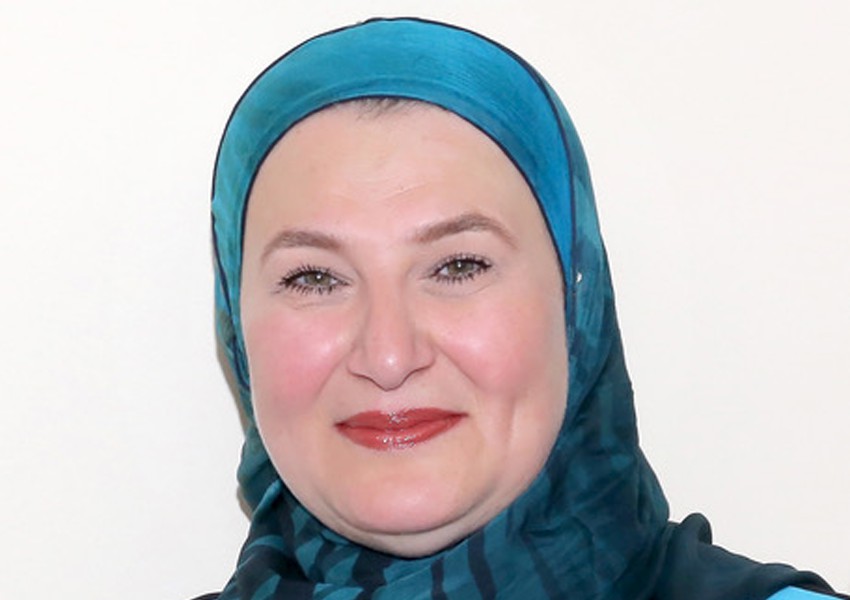The development of the new Suez Canal Economic Zone and the Suez Canal, which “saw the largest increase in income in history” at $600 million last year, is attracting tens of billions of dollars of investments and is set to turn Egypt into a global export hub.

If the Nile is the lifeblood of agriculture in Egypt, the Suez Canal has served as the heart of international trade for the country for a century and a half, pumping trade across the region and the globe. A 120-mile stretch of water between Port Said and Suez, the Canal is effectively the original Hyperloop, slashing the distances container shipping needs to cover to access the four corners of the planet.
On January 2, 2019, the Canal recorded the second-highest single-day traffic statistics in history, with 5.1 million tons of goods transported along the waterway. In 2017-18 revenues from the Canal had increased by $600 million over the previous year, which Suez Canal Administration President, Mohab Mamish noted, was the “largest increase in income in history.”
Mr. Mamish also added that revenues are forecast to double by 2023, proving that the Egyptian government’s sweeping reform program has nowhere been more effective at turning water into dime.
The opening of The Suez Canal Economic Zone (SCZone), complemented by the 2015 Suez Canal Extension Project, has already paid dividends, contributing to over $15 billion in revenues between 2015 and 2018, the most recent figures available. At almost two-thirds the size of Singapore and servicing 1.8 billion consumers worldwide, the potential for the SCZone’s growth is almost off the scale.
Egypt’s main export destinations are the United Arab Emirates, Italy, Turkey and the United States and Germany. But the dynamics of its external trade could very well change with the establishment of the African Free Trade Agreement, which is set to drastically increase traditionally weak intra-African trade – opening up a
market of 1.2 billion people, with over $4 trillion in combined consumer and business spending, to Egyptian exporters.
Helping Egyptian exporters to reap the new opportunities is the Export Development Bank of Egypt (EBE). EBE has established itself as the main funding source of export operations in the country and holds a 70 percent stake in Export Credit Guarantee of Egypt, a company that guarantees and provides insurance and
factoring services to exporters.
“When I joined a couple of years ago, we had around 250 clients; we are close to 500 clients now, split almost evenly between large corporates and SMEs,” says Mrs. Mervat Soltan, Chairperson of EBE. “As a bank, strategically, we are trying to grow our base of exporters. We are trying to help those who export 10-20 percent to export more and those who do not export to understand the benefits. We have a strategy to help boost exports anywhere. We’ve done a bit of restructuring and we’re establishing a new group that should start working very soon, like an international banking group. We partnered with banks like Afrexim and the African Development Bank. We also have a good network of correspondence across the world where we could actually help exporters reach anywhere in the world.”
The SCZone is one of the chief beneficiaries of the IMF’s $12bn development loan and the flotation and subsequent devaluation of the Egyptian pound, coupled with the country’s industrialization drive, has attracted several lucrative foreign investment deals.
LG and Samsung are to increase investment in Egypt, with the Vice-Chairman of the former, Koo Bon-joon, noting: “LG Electronics in Egypt marked exports of $200 million during 2018, which represents 75 percent of the company’s production.” Egypt’s Minister of Investment, Sahar Nasr, recently successfully courted more South Korean investment in infrastructure.
“Egypt is one of the countries where, as difficult as sometimes it is, once you get in and start working, the margins are really high,” notes Mrs. Soltan. “Slowly but surely, I think everything is moving towards making Egypt more attractive to foreign and local investors alike.”
As Basil El-Baz, Chairman and CEO of petrochemical firm Carbon Holdings, notes: “If the world was flat, Egypt would be in the middle. It is one of the few places globally where you can service north, south, east, and west competitively.”
Carbon Holdings is building the Middle East’s largest petrochemical plant – a circa $11 billion investment at the SCZone which falls in line with nation’s plan to become a hub for downstream petroleum industries. By building a hub for petrochemicals and its derivatives, such as plastics, Egypt can create the eco system to create a thriving manufacturing sector, which would feed off petrochemical producers such as Carbon Holdings.
“The company that is going to manufacture plastic coat hangers on a world-scale basis is going to do very well in the SCZone. The company that makes plastic pipes for plumbing is also going to do very well. In Egypt, there are all the ingredients that would allow, with a disciplined industrial program, a manufacturing sector
to emerge relatively quickly,” says Mr. El-Baz.
“I believe we have put the legal framework in place to allow that. It is now a function of putting in place production of the base raw materials to allow those manufacturers to say: ‘Yes, this makes sense. Let me manufacture this in Egypt’. Egypt is in a very fortunate position because on one side there is a large trade deficit and on the other a small manufacturing sector; it has a tremendous opportunity. You’re dealing, effectively, with very attractive virgin territory and I am excited by the future of our country.”
0 COMMENTS